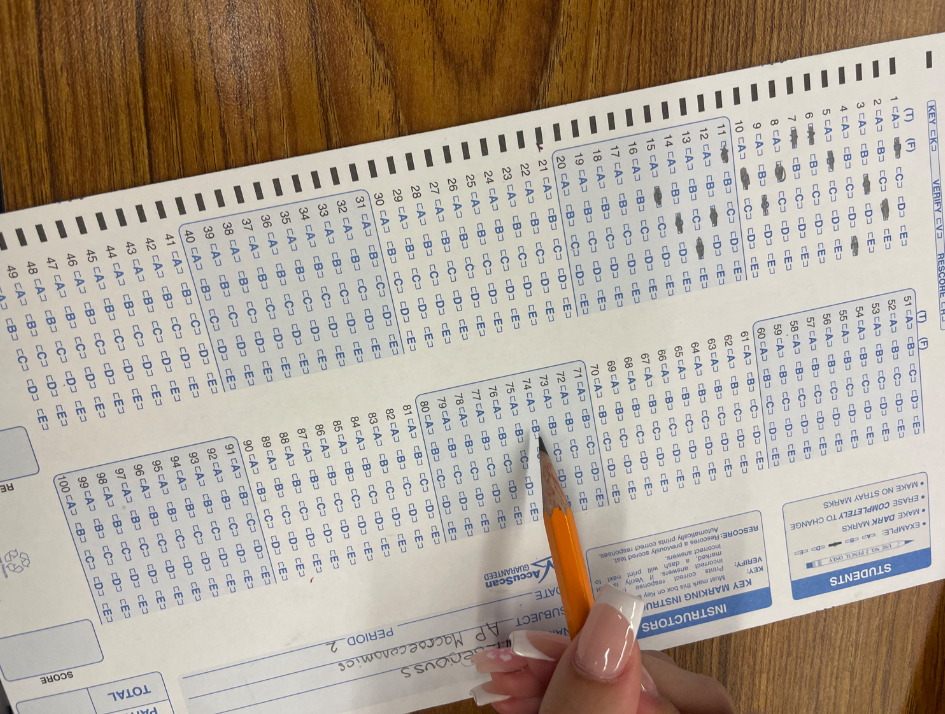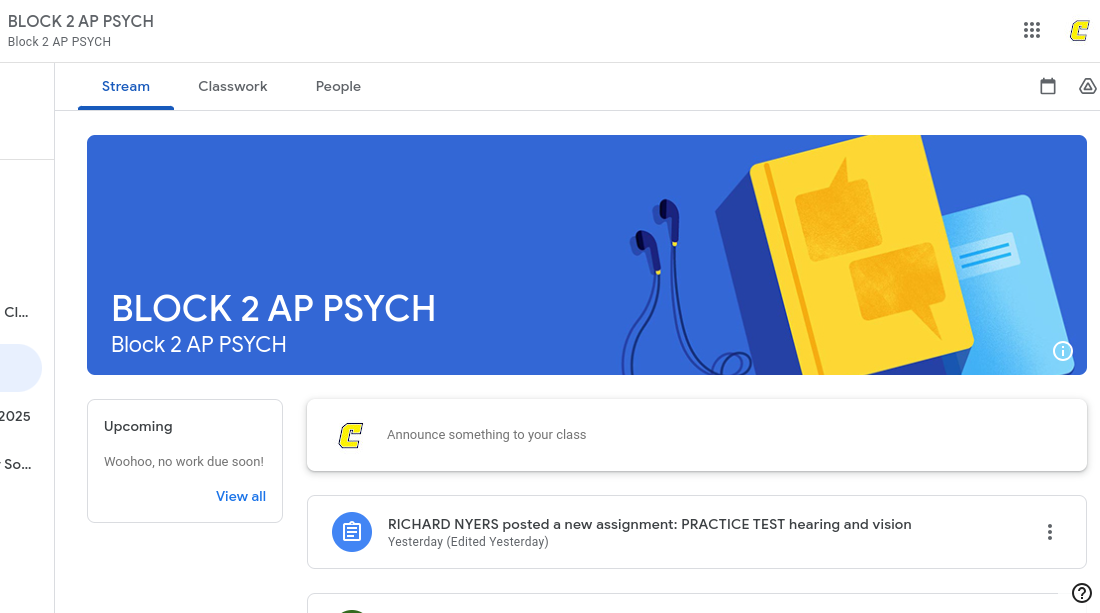As high school students approach their junior and senior years, many face an important decision: whether to take Advanced Placement (AP) courses. With pressure to stand out in college applications, more students are choosing this challenging option. Some argue that AP classes create stress, but I believe they offer valuable benefits that enhance education and prepare students for the future.
Pros of APs
AP classes let students explore subjects they are passionate about. These courses challenge students and promote critical thinking. They encourage independent study habits that are crucial for college success. Unlike standard courses, AP courses dive deeper into complex ideas, research, and analytical skills. This rigorous learning builds confidence and prepares students for demanding college coursework. Additionally, AP classes can greatly impact college admissions. Today, many colleges seek students who challenge themselves academically. Enrolling in AP courses demonstrates a commitment to excellence. Furthermore, high scores on AP exams can earn college credit, helping students save on tuition and possibly graduate early. This financial benefit is essential for many families and allows students to explore electives and internships in college.
Cons of APs
However, AP classes come with challenges. The workload can be intense and may lead to stress or burnout. Students should assess their ability to manage time before enrolling. It’s crucial to balance academic rigor with personal well-being. Open communication with teachers and counselors can help students choose AP classes that fit their strengths and interests. Moreover, AP classes should not only focus on college admissions. They also teach important life skills, such as time management and resilience. Handling difficult assignments and working on group projects prepare students for future workplace demands.
Conclusion


















